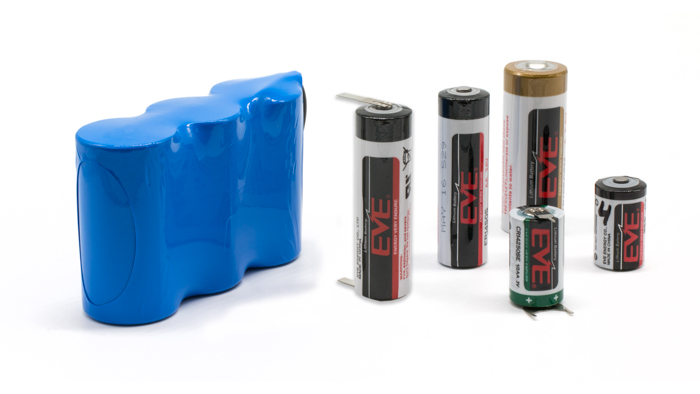
Its electrochemical reaction is irreversible, since once discharged, the battery cannot be recharged. Lithium can be associated with a wide variety of cathodes to produce a battery, the most widespread being Li-FeS2, Li-SO2 and Li-MnO2. In any case, the selection of the chemical will depend on the application. The advantages of using these types of batteries are high level of voltage and stability, flexible capacity, operating temperature, long service life, high power density and no heavy metals. Its long operational life and high-power density make this technology an ideal alternative for feeding new devices associated with electric vehicles, home automation, metering systems and smart grids.





